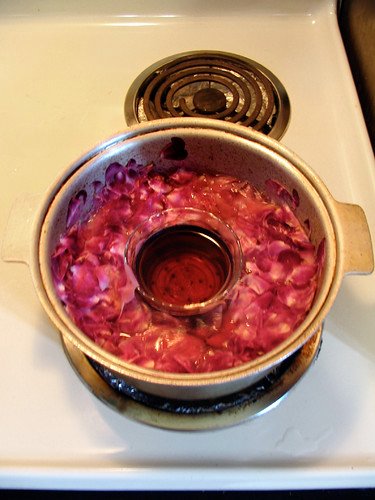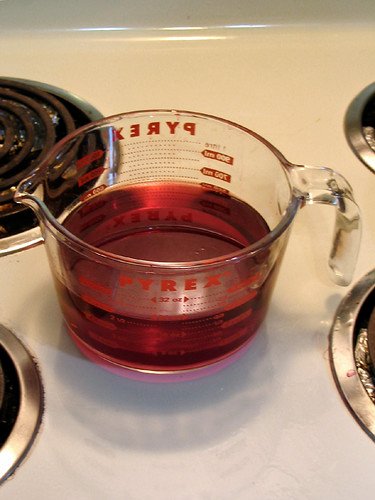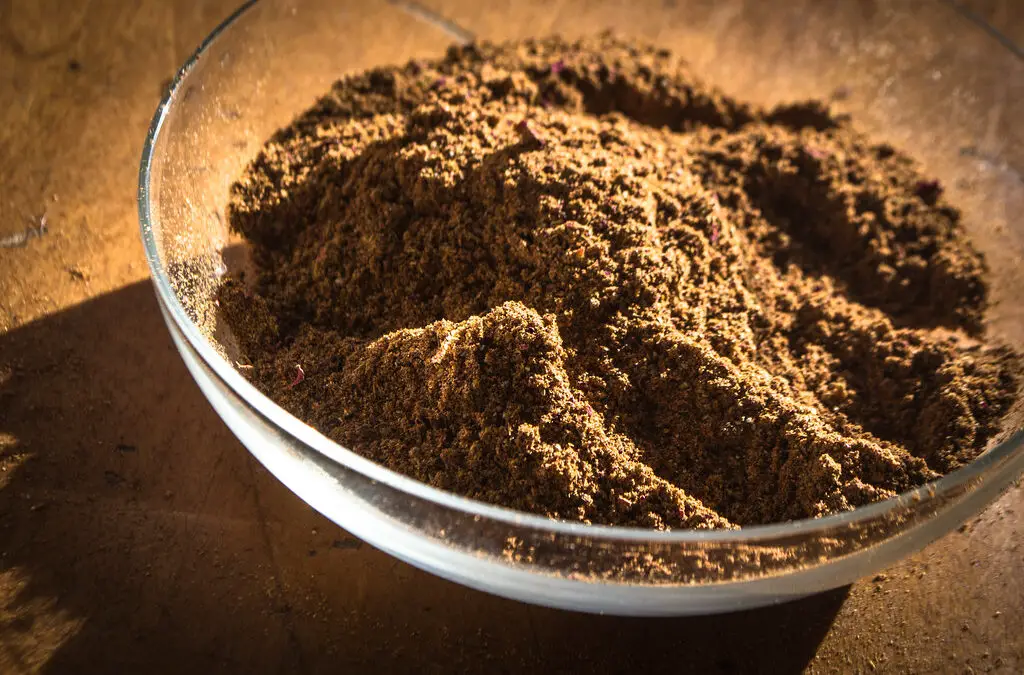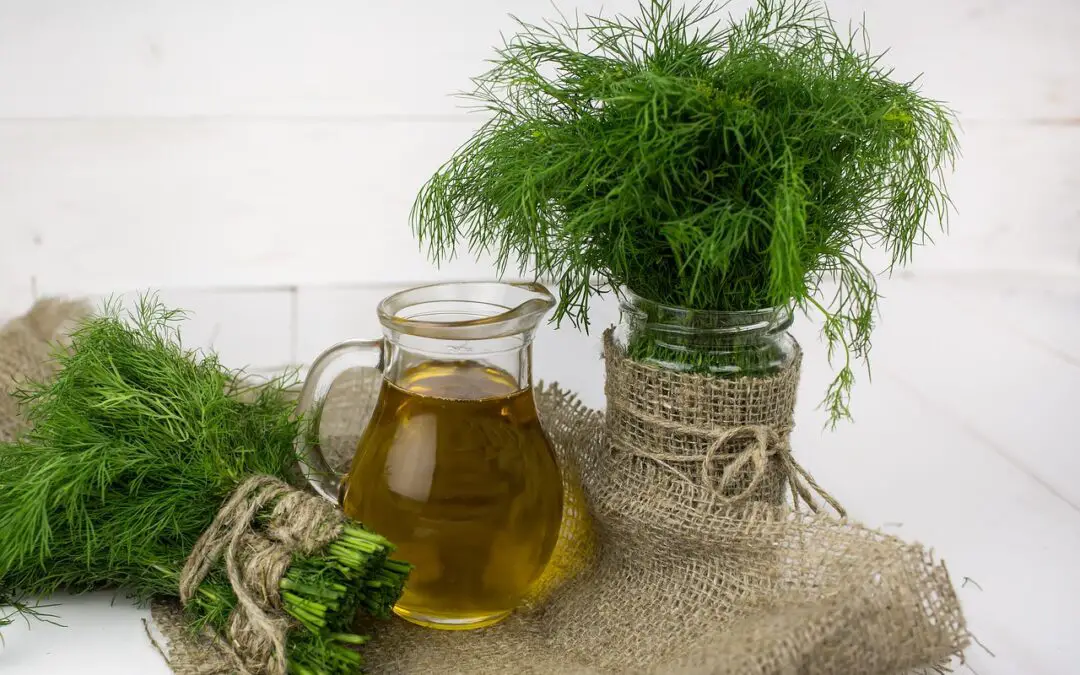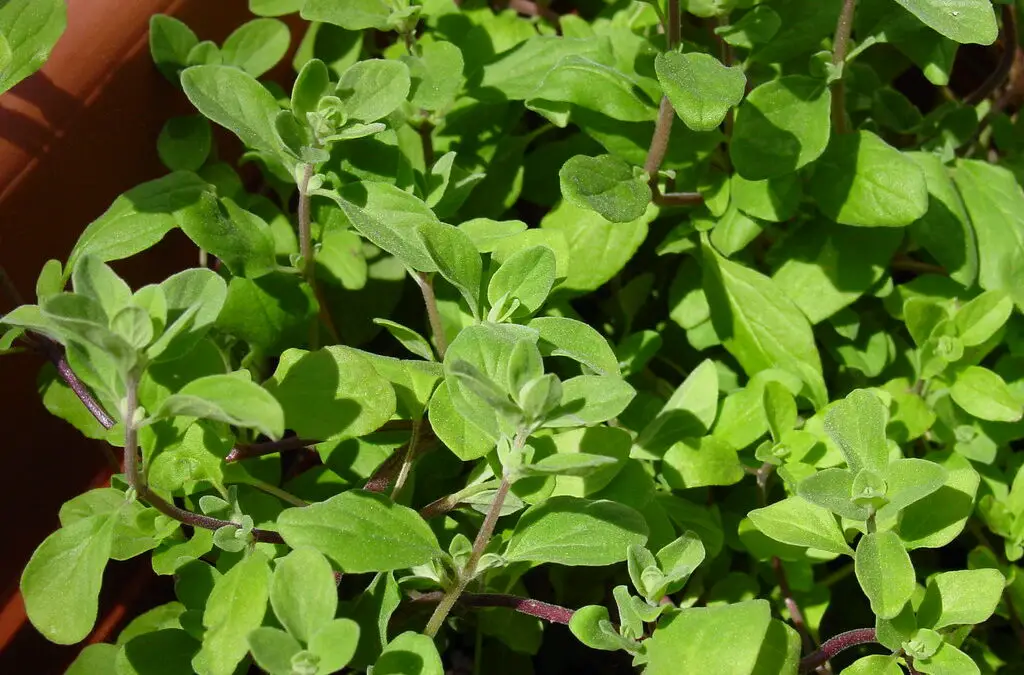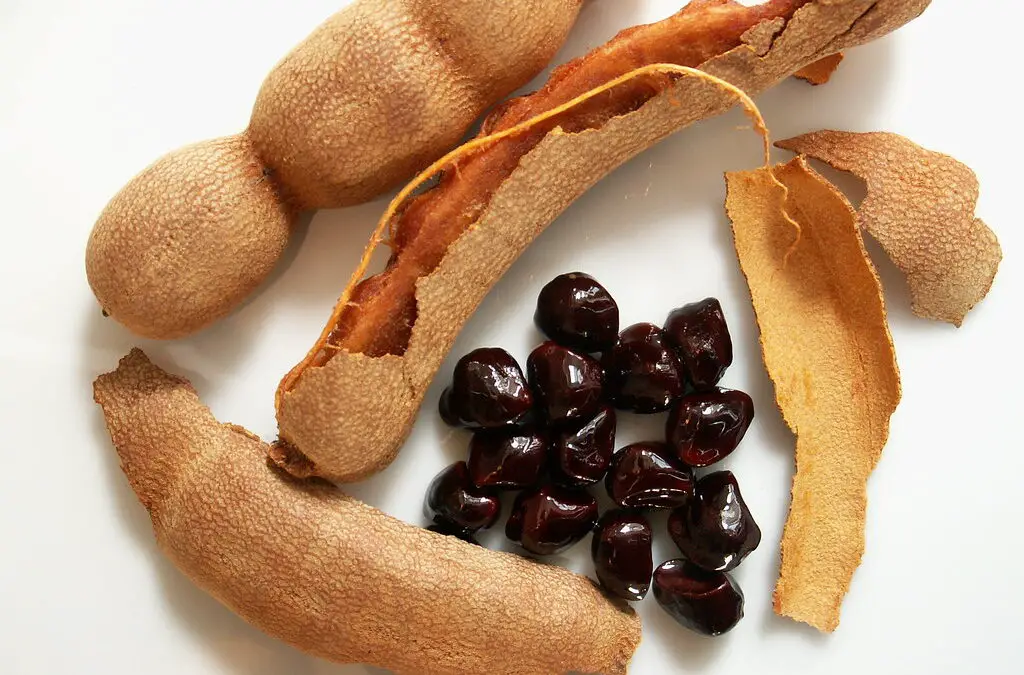Rose water is a fragrant liquid made from the petals of roses and water. It has been used for centuries in various cultures for its cosmetic and medicinal properties. Rose water is a popular ingredient in skincare products due to its ability to hydrate, soothe, and tone the skin.
Rose water is also commonly used in cooking and baking. It adds a delicate floral flavor to dishes and is often used in Middle Eastern and Indian cuisine. In addition to its culinary and cosmetic uses, rose water is also believed to have several health benefits. It is thought to have anti-inflammatory properties and may help improve digestion and relieve stress.
History of Rose Water
Rose water has a long history of use in various cultures for both culinary and cosmetic purposes. The earliest recorded use of rose water dates back to ancient Persia, where it was used for medicinal and culinary purposes. The Persians also used rose water in their perfumes and beauty products.
In ancient Greece and Rome, rose water was used for its fragrance and was often added to baths. It was also used in religious ceremonies and festivals. During the Middle Ages, rose water was used in Europe as a perfume, as well as for medicinal purposes.
In India, rose water has been used for centuries in Ayurvedic medicine for its cooling and soothing properties. It is also used in religious ceremonies and as a flavoring agent in various dishes.
Today, rose water is still widely used in the Middle East and South Asia for culinary and cosmetic purposes. It is used in a variety of dishes, including desserts, drinks, and savory dishes. In the cosmetic industry, rose water is used in skincare products for its hydrating and soothing properties.
Overall, rose water has a rich history and continues to be a popular ingredient in various cultures around the world.
Production of Rose Water
Harvesting Roses
The process of making rose water starts with the harvesting of roses. The roses used for making rose water are usually the Damask rose or the Rosa centifolia. These roses are chosen because of their strong fragrance and flavor. The roses are harvested early in the morning when the oil content is at its highest.
The petals of the roses are carefully plucked by hand, and only the freshest and most fragrant petals are used. The petals are then transported to the distillery where the distillation process takes place.
Distillation Process
The distillation process is the most important step in the production of rose water. The petals are placed in a still with water, and the mixture is heated until it boils. The steam that is produced carries the essential oil of the roses along with it.
The steam is then condensed, and the resulting liquid is collected. This liquid is rose water. The quality of the rose water depends on the quality of the roses used and the distillation process.
The process of distillation can take several hours, and the resulting rose water is usually very concentrated. It is then diluted with water to make it suitable for use.
Overall, the production of rose water is a delicate and time-consuming process that requires expertise and attention to detail. However, the end result is a fragrant and versatile product that can be used in a variety of ways.
Benefits of Rose Water
Skin Care
Rose water has been used in skin care for centuries due to its anti-inflammatory and antioxidant properties. It is known to soothe irritated skin, reduce redness, and hydrate the skin. It is also a natural astringent, which means it can help tighten pores and tone the skin. Rose water can be used as a facial toner, makeup remover, or added to a bath for a relaxing and hydrating experience.
Hair Care
Rose water is also beneficial for hair care. It can help soothe an itchy scalp, reduce dandruff, and add shine to hair. Rose water can be added to a hair rinse, mixed with shampoo or conditioner, or used as a hair mist.
Health Benefits
In addition to its benefits for skin and hair, rose water has some potential health benefits. It is believed to have a calming effect on the mind and body, making it a popular ingredient in aromatherapy. Rose water can also be used as a natural remedy for sore throats, digestive issues, and menstrual cramps.
Overall, rose water is a versatile and beneficial ingredient for both beauty and health. It is gentle enough for most skin types and can be easily incorporated into a daily routine.
Uses of Rose Water
Culinary Uses
Rose water is widely used in Middle Eastern cuisine for its distinctive floral aroma and flavor. It adds a delicate and fragrant touch to both sweet and savory dishes. Some common uses of rose water in Middle Eastern cuisine include:
1. Desserts and Sweets: Rose water is a key ingredient in many traditional Middle Eastern desserts such as baklava, Turkish delight, and rosewater-infused puddings. It imparts a subtle floral note and enhances the overall flavor of the sweet treats.
2. Beverages: Rose water is often added to refreshing beverages like rose water lemonade, rose milk, or rose-infused teas. It provides a refreshing and aromatic element to these drinks.
3. Floral Infusions: Rose water is used to infuse syrups, creams, and sauces with its floral essence. It can be drizzled over fruits, mixed with yogurt, or added to creams for a fragrant twist.
4. Savory Dishes: Rose water is occasionally used in savory Middle Eastern dishes, particularly in Persian cuisine. It can be added to rice dishes, stews, marinades, and sauces to impart a subtle floral undertone.
Overall, rose water is a versatile ingredient in Middle Eastern cuisine, valued for its aromatic and flavor-enhancing properties, adding a touch of elegance to various dishes.
Medicinal Uses
Rose water has been used for centuries in traditional medicine to treat a variety of ailments. It is believed to have anti-inflammatory and antibacterial properties, making it useful for treating skin conditions such as acne and eczema. Rose water can also be used as a natural remedy for sore throat and cough.
In addition, rose water is often used as a natural toner for the skin. It can help to hydrate and soothe the skin, leaving it feeling refreshed and revitalized. Rose water can also be used as a natural fragrance in perfumes and cosmetics.
Overall, rose water is a versatile ingredient with many culinary and medicinal uses. It is a natural and gentle way to add flavor and fragrance to a variety of dishes and products.
Buying Guide for Rose Water
When purchasing rose water, there are a few factors to consider to ensure you are getting a high-quality product. Here are some things to keep in mind:
1. Ingredients: Check the ingredients list to make sure that the rose water is made from real roses and doesn’t contain any artificial fragrances or additives. Look for rose water that is made from pure rose petals and distilled water.
2. Source: Consider where the roses used to make the rose water were grown and how they were harvested. Look for rose water that is made from organic or wild roses to avoid exposure to harmful pesticides.
3. Quality: Look for rose water that is made from high-quality roses and has a strong, natural scent. The color of the rose water can also be an indicator of quality – high-quality rose water is usually clear, while lower quality rose water may have a yellow or brown tint.
4. Packaging: Choose rose water that comes in a dark glass bottle to protect the delicate scent and properties of the rose water from light and heat. Avoid plastic bottles, as they can leach harmful chemicals into the rose water.
5. Price: While price shouldn’t be the only factor you consider when purchasing rose water, it can be an indicator of quality. High-quality rose water is often more expensive due to the cost of sourcing and processing the roses. However, it’s important to note that just because a product is expensive doesn’t necessarily mean it’s high-quality.
Storage and Shelf Life of Rose Water
Rose water is a delicate and precious ingredient that requires proper storage to maintain its quality and freshness. When stored correctly, rose water can last for a long time without losing its aroma and therapeutic properties.
The shelf life of rose water depends on several factors, including the quality of the roses, the distillation process, and the storage conditions. Generally, high-quality rose water that is distilled using traditional methods and stored in a cool, dark place can last for up to two years.
To ensure the longevity of rose water, it’s important to store it in a tightly sealed glass bottle or container. Avoid using plastic or metal containers as they can react with the rose water and alter its properties. Additionally, exposure to light and heat can cause the rose water to deteriorate quickly, so it’s best to store it in a cool, dark place away from direct sunlight.
If you notice any changes in the color or scent of your rose water, it’s best to discard it and purchase a fresh bottle. It’s also important to avoid contaminating the rose water by using clean utensils and avoiding contact with your hands.
In summary, proper storage is key to maintaining the quality and freshness of rose water. Store it in a tightly sealed glass container, away from light and heat, and avoid contamination. With the right storage conditions, your rose water can last for up to two years, providing you with a fragrant and therapeutic ingredient for your beauty and culinary needs.
Potential Side Effects of Rose Water
While rose water is generally considered safe, there are some potential side effects that individuals should be aware of.
Skin Irritation
Some people may experience skin irritation when using rose water topically. This can manifest as redness, itching, or a rash. Individuals with sensitive skin should do a patch test before using rose water on their face or body.
Allergic Reactions
Rose water is made from roses, which can cause allergic reactions in some people. Symptoms of an allergic reaction may include hives, swelling, and difficulty breathing. If an individual experiences any of these symptoms after using rose water, they should seek medical attention immediately.
Eye Irritation
Rose water should not be used in the eyes, as it can cause irritation and redness. If rose water accidentally gets into the eyes, individuals should flush their eyes with water and seek medical attention if irritation persists.
Interactions with Medications
Rose water may interact with certain medications, including sedatives and blood thinners. Individuals taking these medications should speak with their healthcare provider before using rose water.
Overall, while rose water is generally safe, individuals should be aware of these potential side effects and use caution when using it.
Conclusion
Rose water has been used for centuries as a natural remedy for various ailments and as a beauty product. It has numerous benefits for the skin, hair, and overall health.
Rose water is a natural astringent that helps to tighten pores and reduce inflammation. It is also rich in antioxidants that protect the skin from damage caused by free radicals. Regular use of rose water can help to reduce the appearance of fine lines and wrinkles, and promote a more youthful-looking complexion.
In addition to its beauty benefits, rose water has also been used in traditional medicine to treat digestive issues, headaches, and stress. It is believed to have a calming effect on the mind and body, making it a popular ingredient in aromatherapy.
Overall, rose water is a versatile and natural product that can be used in a variety of ways to improve health and beauty. Its gentle yet effective properties make it a great choice for those with sensitive skin or who prefer natural remedies.
